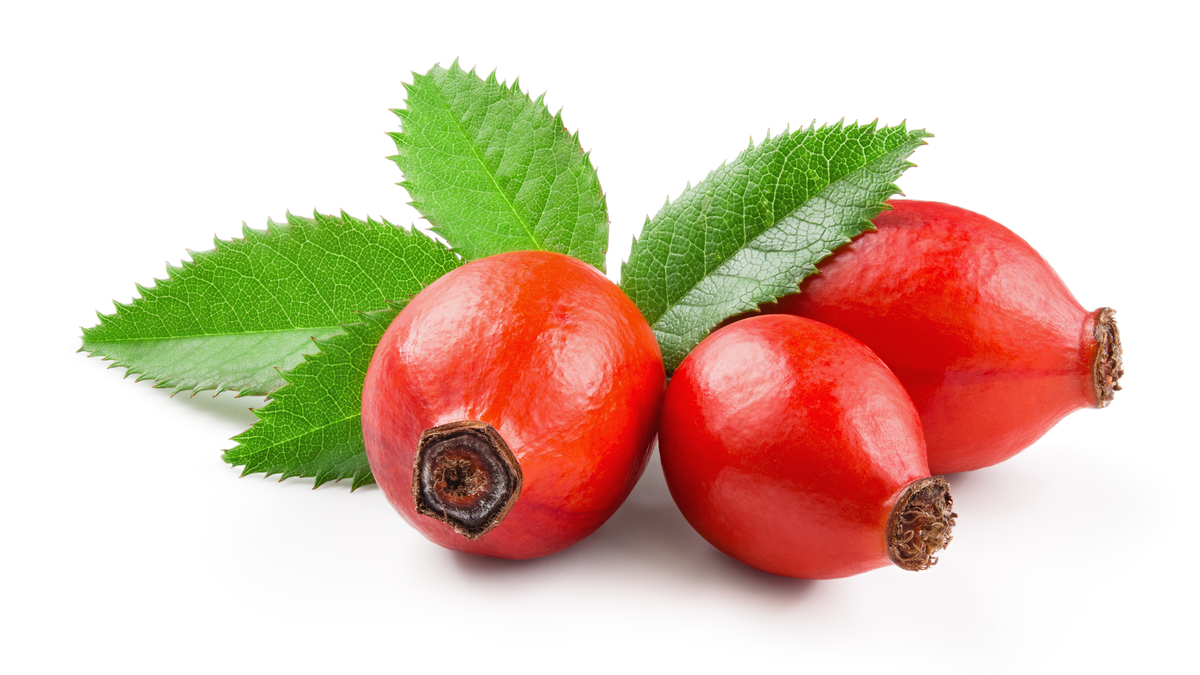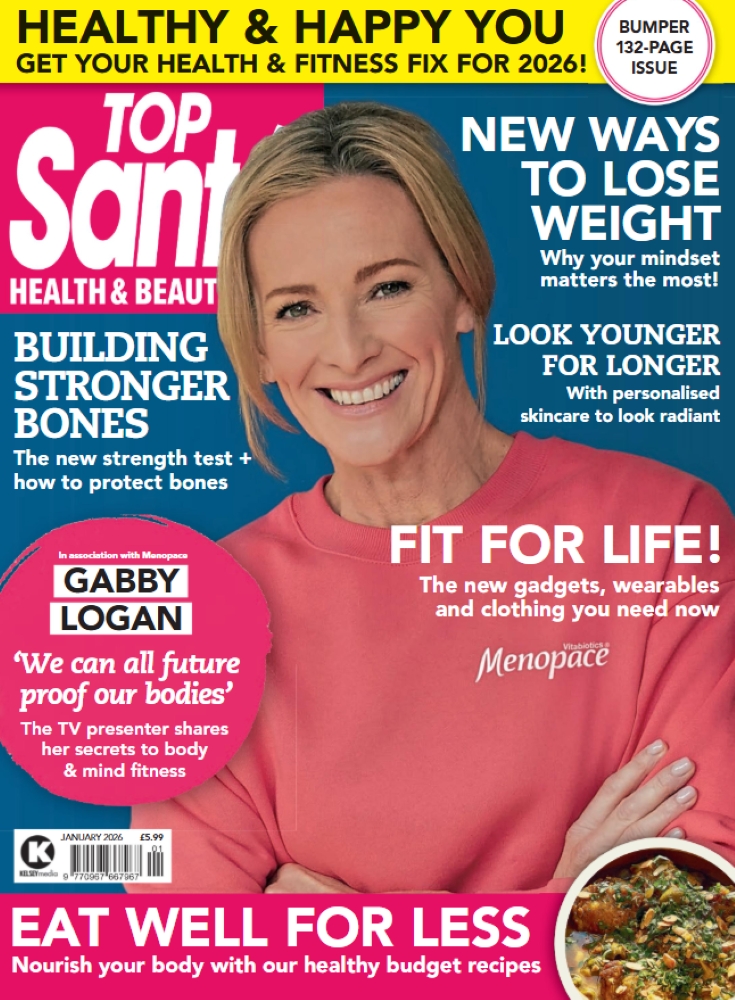Joint pain affects around 17 million people in the UK1. and as many as one third of the population aged over 45 have sought treatment for osteoarthritis. As such, to mark the beginning of Self Care Week (Nov 16-22, 2020), we look at some joint pain tips and how to maintain wellbeing.
Osteoarthritis can cause chronic joint pain, inflammation, stiffness, reduced mobility and joint function and chronic fatigue. The burden of these symptoms can have an effect on mental health, leading to 20% of suffers experiencing anxiety and depression2.
“One of the major problems of persistent joint pain including from arthritis, is low mood and depression,” says Dr Alastair Dickson, GP and Health Economist with an interest in rheumatology. “The risk of this increases if your joint pain affects your mobility, energy levels and ability to work.
“Over recent years depression is increasingly recognised as a major concern and one the primary care team need to be much more aware of. Pain symptoms can also be more intense if you also have low mood or are depressed ,and it is typically harder to treat the pain if you do not address the mental health issues as well.
“Painkillers are often used for the pain of osteoarthritis. Over recent years evidence has been accumulating that overuse of painkillers is problematic and doesn’t necessarily ‘cure’ the joint pain.”
Painkillers no good for long-term joint pain
With recent NICE guidelines condemning pain killers as doing “more harm than good”3 if taken long term, self-care and a more holistic approach has never been of higher importance to arthritis sufferers.
Fortunately, simple lifestyle changes and a clinically backed supplement may offer hope. There is a large body of evidence supporting the use of rose-hip for improving joint pain.
GOPO® is a natural anti-inflammatory compound derived from rose-hip. It’s been found to reduce joint pain without the potential side effects of conventional anti-inflammatory drugs or painkillers.
Rose-hip product good for helping fight inflammation
 Consultant Rheumatologist Dr Rod Hughes says: “Now the side effects of paracetamol are well documented, it is imperative that we look at safer, long-term alternatives for joint pain. One such option could be the galactolipid GOPO®, which has been shown in randomised placebo controlled clinical trials to significantly reduce arthritis joint pain4-8 and reduce consumption of paracetamol by 40%4.
Consultant Rheumatologist Dr Rod Hughes says: “Now the side effects of paracetamol are well documented, it is imperative that we look at safer, long-term alternatives for joint pain. One such option could be the galactolipid GOPO®, which has been shown in randomised placebo controlled clinical trials to significantly reduce arthritis joint pain4-8 and reduce consumption of paracetamol by 40%4.
“In vitro studies have demonstrated GOPO® has anti-inflammatory properties that have a protective effect on cartilage. This means it can potentially even help cartilage and joint tissues to rebuild and regenerate8.”
8 Self Care Tips for Joint Pain
- Take regular, gentle exercise such as walking, swimming or yoga to keep your joints supple while also increasing endorphin production – the feel-good hormone!
- Make sure you move around every half an hour, especially if you spend long periods sat at a computer, or sat watching TV. Set an alarm to remind you to get up and move about: stretch your arms up above your head, swing your legs forward and backwards a few times. And go up and down the stairs if you can.
- Eat plenty of fresh fruit and vegetables, whole grains, nuts and seeds and at least two portions of oily fish per week. Fresh foods and nuts contain antioxidant nutrients that can help reduce inflammation and protect against cell damage, while fish oils can help prevent and manage arthritic conditions. Try flax seed or algae oil if you are vegan.
- Consider cutting down on or cutting out milk and other dairy products as these have been linked to calcification of bones and joints (find out more in a future issue of Top Santé magazine).
- Take a warm bath, especially with magnesium salts as these can help soothe sore muscles and joints.
- Get good sleep, as good-quality sleep is suggested to reduce inflammation in the body and thus joint pain. Create a strict bedtime routine, avoiding electronic devices before bed as well as caffeine and alcohol.
- Do something for yourself, whether it’s a hobby or just relaxing with your favourite book – all can help alleviate stress and improve mental health.
- Take a natural supplement, such as GOPO®, to help maintain your joint health and improve mood and wellbeing. One study has even shown significant pain relief after just 3 weeks of GOPO® treatment4.
Find out how to modify your diet to reduce pain by clicking our story here:








